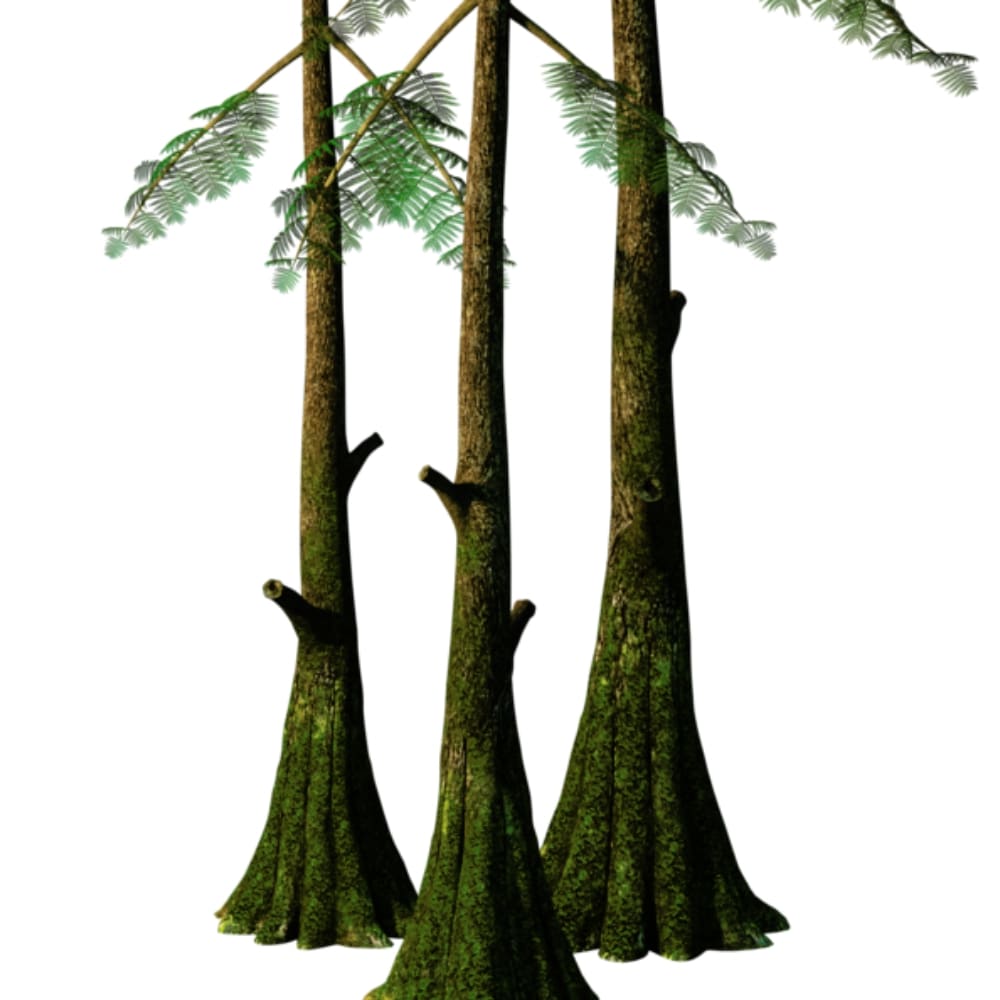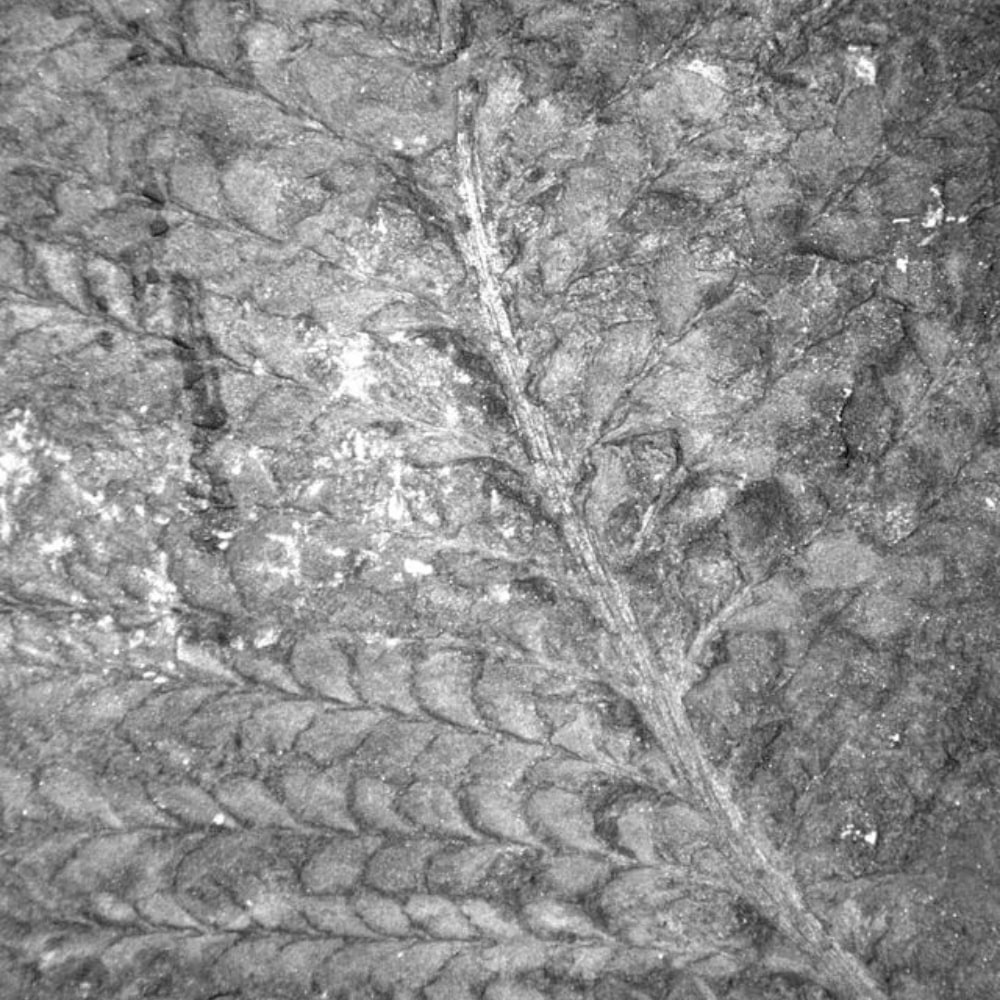
The humble tree root acts as nature’s digestive system, turning essential sustenance like CO2 and water via soil. The evolution of complex root systems has been a longstanding mystery for researchers, however, a recent breakthrough sheds light on the origins of Earth’s oldest forest. Let’s take a closer look.
Roots Across Millennia
Trees owe much to their roots—literally! Extensive and efficient rooting systems are crucial for their success, allowing them to dominate diverse habitats worldwide. Modern roots, it appears, have a deeper lineage than previously thought.
Pioneering research has revealed Earth’s oldest known forest, dating back an incredible 385 million years, a period preceding the rise of seed-producing plants. This ancient woodland is located near Cairo, New York. This forest has introduced scientists to Archaeopteris, an ancient genus believed to be the progenitor of the first modern tree. Nice.
A Very Old Tree
Archaeopteris has flat green leaves and thick, robust trunks. William Stein, a paleobotanist at Binghamton University, notes that archaeopteris possess qualities that allow it to essentially transform how plant life can come to dominate an ecosystem.

He notes that this particular tree evolution marked a significant departure from the smaller plants that dominated the landscape just a few million years earlier—sort of like an industrial revolution, but for trees!
New Discoveries
The discovery at Cairo showcases a sophisticated forest ecosystem—the fossil-rich site at Cairo offers a three-dimensional view of a mid-Devonian forest, allowing scientists to understand the coexistence of different plant species and the ecosystems they formed.

With deforestation and carbon emissions threatening modern forests, the parallels between the Devonian period and today are evident. The fate of our world is intricately tied to the well-being of trees. The ancient forests, by shaping the climate and landscapes, set the stage for creating the modern world—a lesson we must heed as we navigate modern environmental challenges.